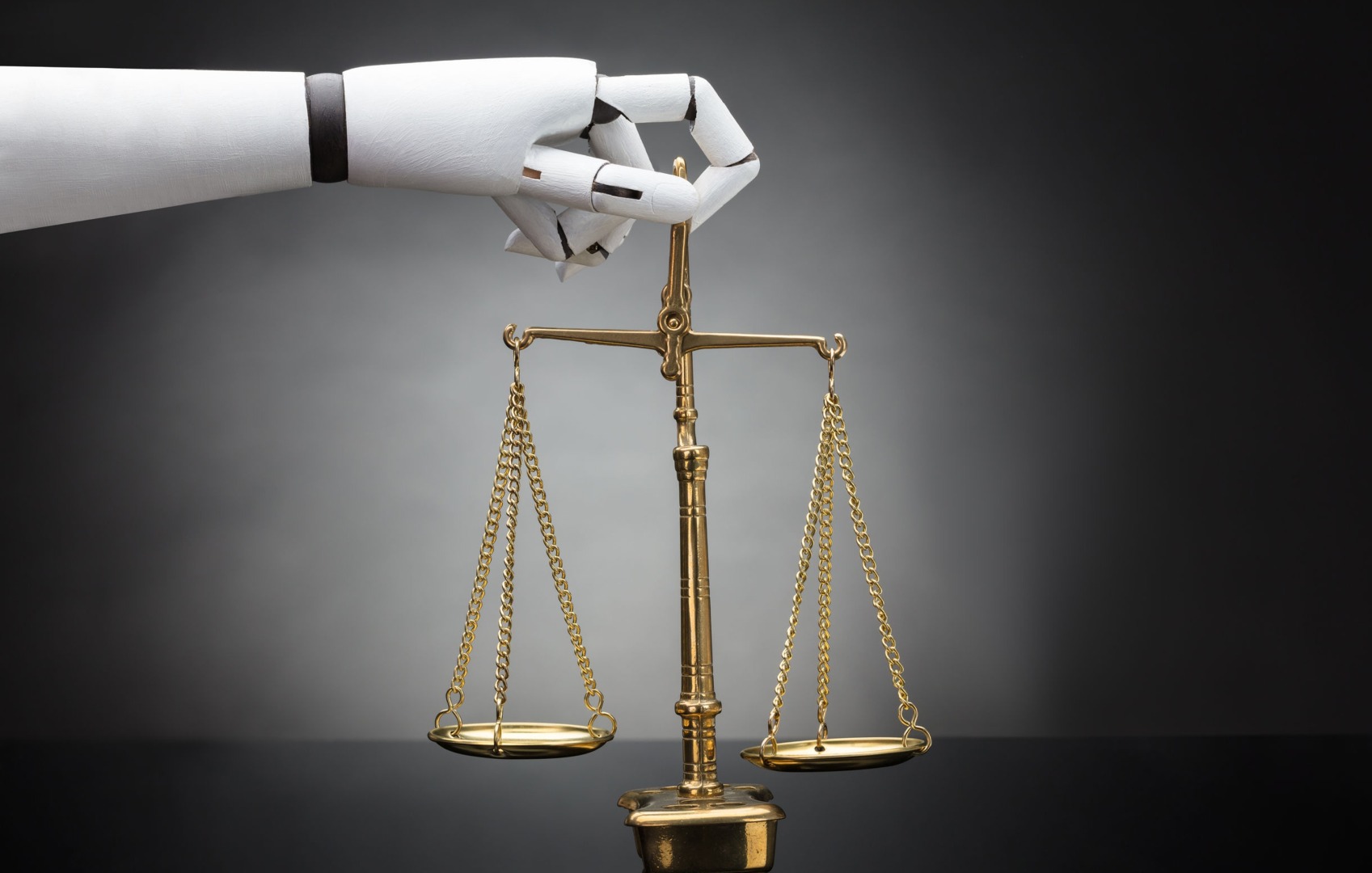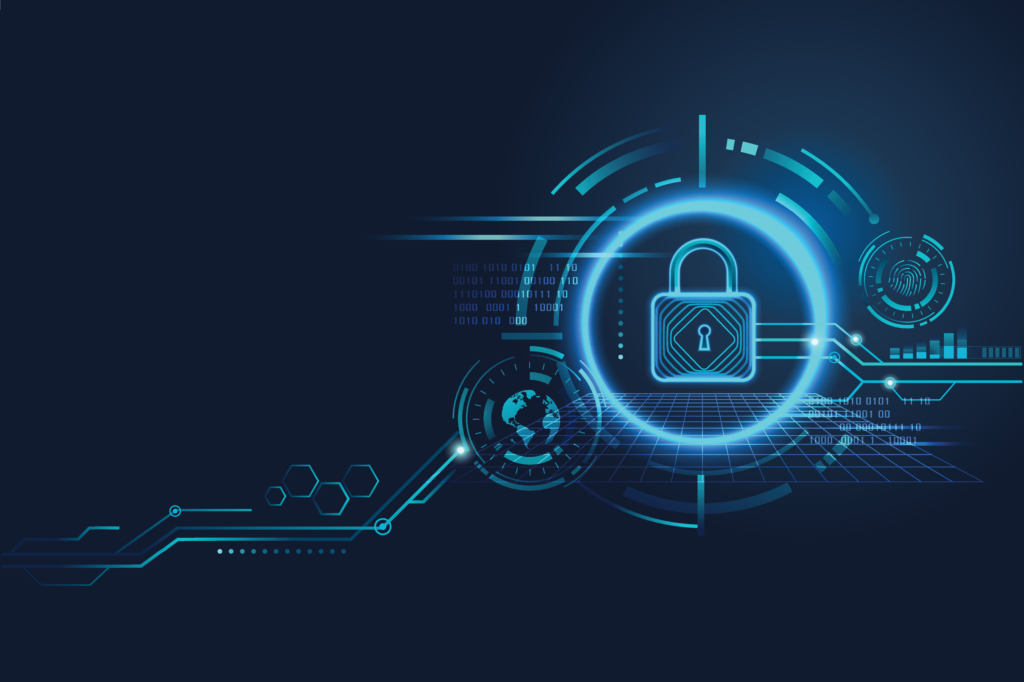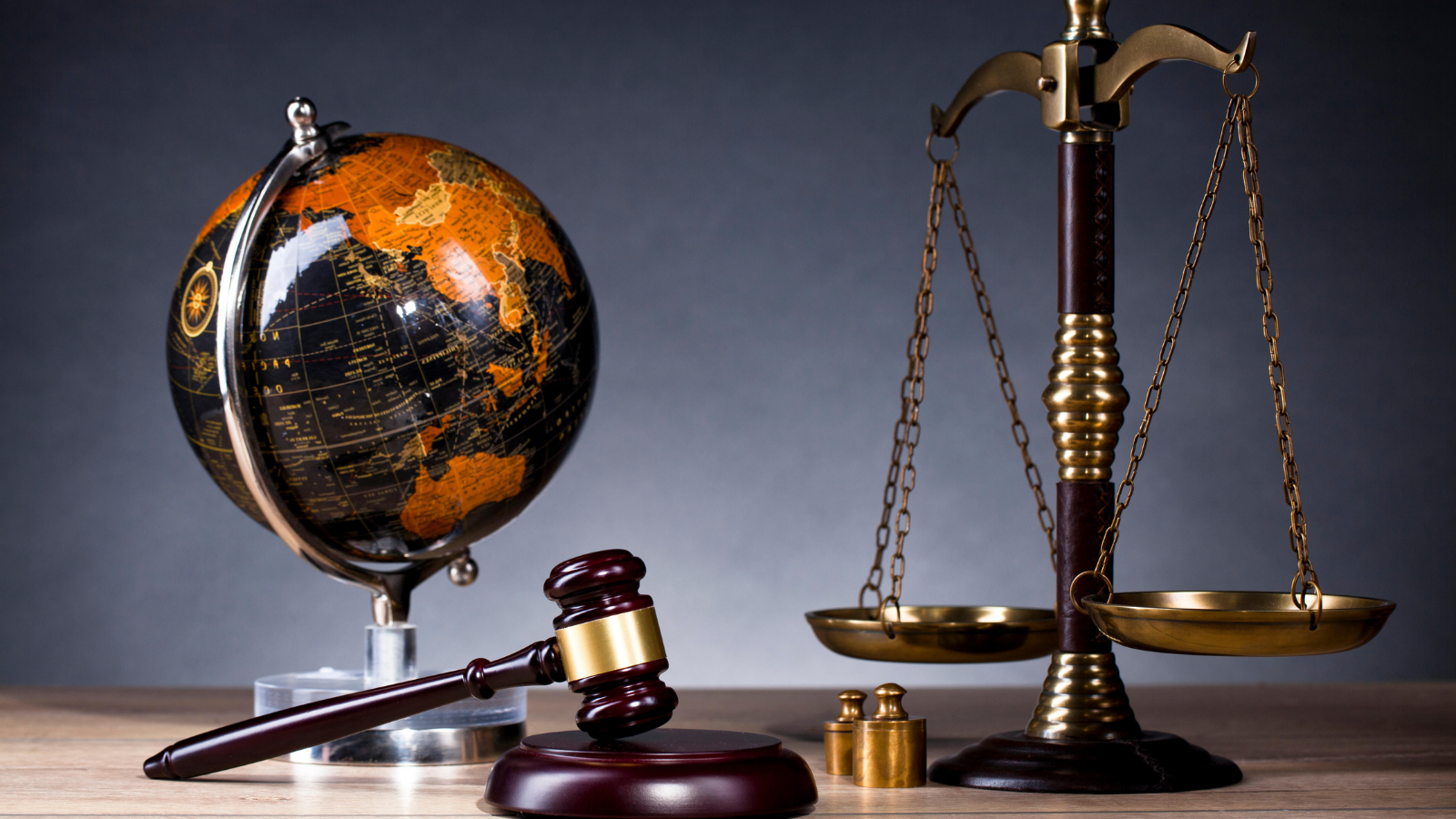Comments
- No comments found

The rapid advancements in technology have introduced new legal challenges and complexities.
In recent years, there has been a significant shift towards embracing automation and cutting-edge technologies. The future of legal technology holds immense potential, particularly in the realm of predictive analytics and machine learning. By analyzing historical legal data, these technologies can predict case outcomes, anticipate legal issues, and provide valuable insights for strategy development. Embracing these advancements can give legal professionals a competitive edge.
This article explores the intersection of law and technology, highlighting key areas of concern, and discussing the need for adaptive legal frameworks to navigate the digital era.

As our lives become increasingly digital, the protection of sensitive data and cybersecurity have become paramount. Legal frameworks need to address issues such as data breaches, hacking, and privacy violations to safeguard individuals, businesses, and governments in the digital landscape.
Technology has revolutionized how creative works are created, distributed, and consumed. Legal challenges arise concerning copyright infringement, digital piracy, and the protection of intellectual property rights. Striking a balance between fostering innovation and protecting creators' rights is essential in the digital age.
The rise of e-commerce platforms has transformed the way we shop and do business. Legal frameworks must address issues such as consumer protection, fraudulent practices, and dispute resolution in the online marketplace. Regulations should ensure transparency, fair competition, and trust for both businesses and consumers.
The deployment of artificial intelligence and autonomous systems raises complex legal questions. Issues such as liability, accountability, and transparency become crucial as machines make autonomous decisions. Developing legal frameworks that address these concerns is essential to ensure responsible and ethical use of AI and autonomous technologies.
The internet and social media platforms have become significant platforms for free expression and public discourse. However, challenges arise regarding online hate speech, misinformation, and the spread of harmful content. Striking a balance between protecting freedom of expression and regulating harmful online behavior is a pressing legal challenge.

The digital era blurs traditional jurisdictional boundaries, posing challenges for legal systems. Issues such as cross-border data transfers, jurisdictional disputes, and international cybercrime require global cooperation and harmonized legal frameworks to ensure effective enforcement and protection of rights.
As technology continues to shape our society, legal systems must adapt to address the evolving challenges of the digital era. Cybersecurity, intellectual property, e-commerce, artificial intelligence, online speech, and international jurisdiction are areas where legal frameworks need to be agile and responsive. By proactively addressing these legal challenges, we can ensure a fair, secure, and rights-protected digital environment for all.
Bhumesh is the Managing Partner of Corp Comm Legal, an Indian law firm. He is ranked among the Top 100 Indian corporate lawyers. He is advising domestic and foreign companies on M&A, joint ventures, corporate - commercial issues. Besides, he has written a book on Drafting of Commercial Agreements, has a couple of books in pipeline and trains students and professionals on Drafting Skills and corporate laws. He writes regularly on legal, business & other issues and is a guest faculty lecturer with educational institutes. Bhumesh holds a Bachelor of Laws (LLB) from the University of Delhi and a further qualification in International Law and Legal Studies from College of Law, York.
Leave your comments
Post comment as a guest